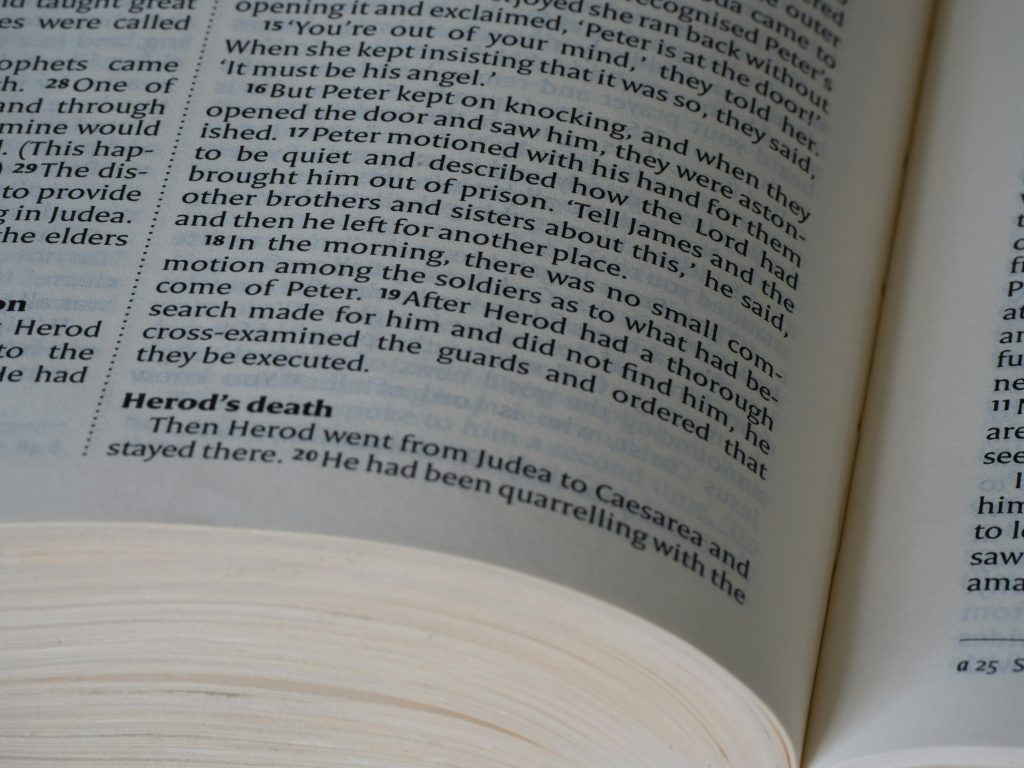In a groundbreaking new release, veteran journalist Bob Woodward dives deep into the murky waters of international politics in his latest book titled “War.” The book reveals startling details about former President Donald Trump’s clandestine communications with Russian President Vladimir Putin, shedding light on a series of private phone calls that have raised eyebrows and ignited controversy. According to Woodward, Trump engaged in as many as seven secretive conversations with Putin after leaving office, a revelation that has sent shockwaves through political circles.
One of the most shocking claims made by Woodward is that Trump discreetly facilitated the transfer of coveted Covid-19 tests to Putin for personal use, suggesting a level of intimacy and cooperation that many may find unsettling. This revelation not only highlights the complexities of US-Russia relations but also raises questions about Trump’s judgment and priorities during a global health crisis. The book paints a vivid portrait of a former president who, while in office, maintained a unique and controversial relationship with one of America’s most significant geopolitical adversaries.
Woodward’s insights are further underscored by reactions from current political figures. Trump’s campaign communications director dismissed the book as belonging in the “bargain bin,” a response that underscores the contentious nature of the revelations. However, the implications of Woodward’s findings cannot be easily dismissed.
The book also offers a comparative analysis of how both Trump and current President Joe Biden have navigated international crises, leading Woodward to conclude that Trump’s actions were more reckless than those of former President Nixon, who famously resigned amidst the Watergate scandal. This assertion not only serves as a stark indictment of Trump’s foreign policy decisions but also positions Biden’s approach in a more favorable light, at least in comparison to his predecessor.
As the political landscape continues to evolve, Woodward’s book serves as a timely reminder of the ongoing complexities of international relations. It raises critical questions about accountability, transparency, and the ethical considerations that leaders must grapple with in their dealings on the global stage.
The revelations contained within “War” have the potential to reshape public perception of Trump’s presidency and his legacy in American politics. As readers digest the implications of these secretive communications, they are left to ponder the broader questions of trust and integrity in leadership.
In a world where information is often weaponized, Woodward’s commitment to uncovering the truth serves as a beacon of journalistic integrity. As the fallout from these revelations continues to unfold, it remains to be seen how they will impact the political narrative moving forward. Will Trump’s secretive dealings with Putin tarnish his legacy further, or will his supporters rally around him once more? Only time will tell.
In conclusion, Bob Woodward’s “War” is not just a book; it’s a critical piece of the puzzle in understanding the intricate dynamics of power, secrecy, and the ongoing saga of American politics. As the dust settles on these explosive revelations, one thing is clear: the conversation about Trump’s presidency and its ramifications is far from over.

